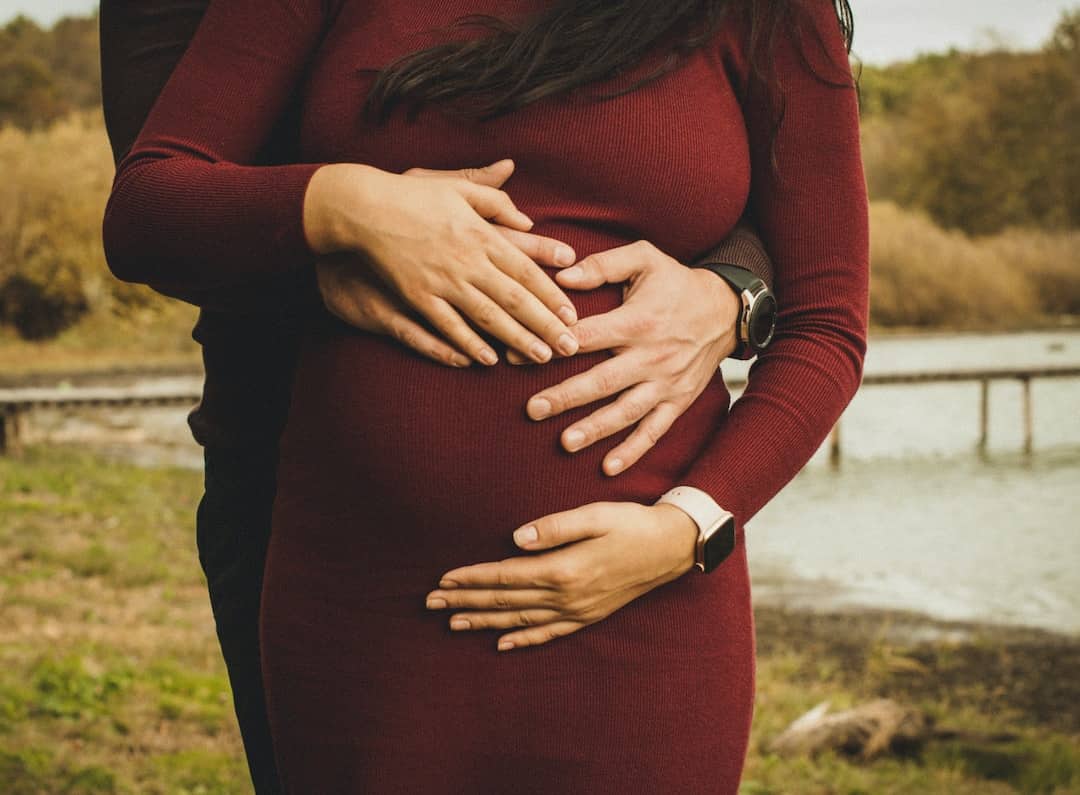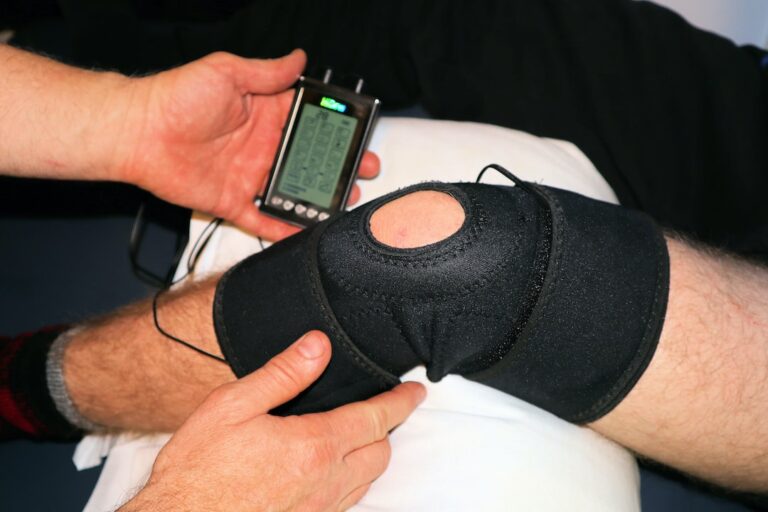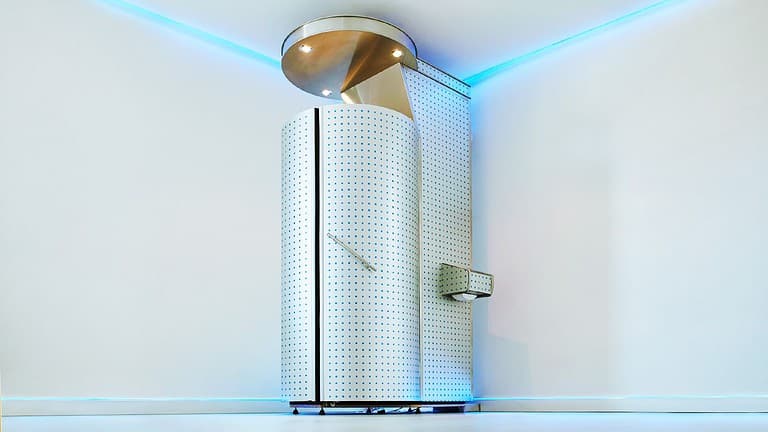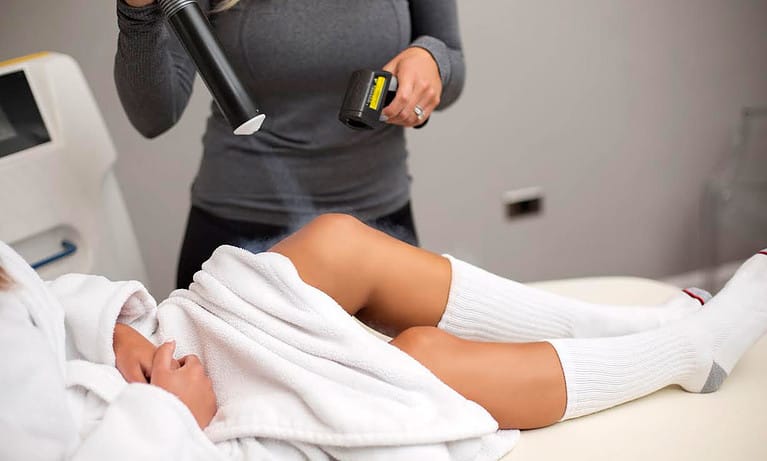Can Cryotherapy Cause Infertility? How to Minimize Your Risk
Cryotherapy has become increasingly popular in recent years as a means of improving physical and mental health. But is this form of therapy safe? Can cryotherapy cause infertility for those who are trying to conceive?
Though there has been no research that directly links cryotherapy to infertility, some specialists believe it may be a potential risk due to the intense temperatures of cryo treatments.
Let’s explore what exactly cryotherapy is and how can cryotherapy cause infertility issues.
Table of Contents
What is Cryotherapy?
Cryotherapy is a therapeutic treatment that uses cold temperatures to promote healing and reduce inflammation. It has been used for centuries in traditional medicine, but it’s recently gained popularity as an alternative form of pain relief. The temperature inside a cryo chamber typically ranges from -110°C to -160°C (-166°F to -256°F).
Benefits of Cryotherapy
Cryotherapy is a popular treatment for various conditions such as inflammation, muscle pain, joint pain, skin disorders, and more. In addition to its therapeutic benefits, cryotherapy also offers several other advantages specifically for women.
Weight Loss: Cryotherapy helps stimulate metabolism by increasing blood circulation throughout the body. As your core temperature drops during the session, your body will begin burning calories in order to maintain its normal temperature levels. This process can help you lose weight if combined with proper diet and exercise habits.
Reduced Stress Levels: The extreme cold temperatures experienced during cryotherapy sessions have been shown to reduce stress levels significantly due to their calming effect on both the mind and body. Taking some time out of your day just for yourself while undergoing this treatment can make all the difference when it comes to managing stress.
Improved Skin Health: Cryotherapy stimulates collagen production which helps improve skin elasticity and texture while reducing wrinkles and fine lines caused by aging or sun damage. It also helps promote cell regeneration which can help clear up any blemishes or acne breakouts.
Increased Energy Levels: One of the most common benefits associated with cryotherapy is increased energy levels due to improved circulation throughout the body. You’ll find yourself feeling more energized after just one session – perfect for those days when you need an extra boost!
Stronger Immune System: Studies have found that regular exposure to cold temperatures can strengthen the immune system by activating white blood cells responsible for fighting off infections.
Types of Cryotherapy
There are three main types of cryotherapies – whole-body cryotherapy (WBC), localized cryotherapy, and topical freezing.
Whole-body cryotherapy (WBC) entails exposing the entire body to extremely low temperatures for up to three minutes. This approach is popular among athletes who participate in strenuous activities or competitions. Cryo helps reduce muscle soreness and fatigue while accelerating recuperation times.
Localized treatments involve targeting specific areas with cold air or frozen ice packs. This method reduces swelling and may be beneficial for treating acute injuries such as sprains or strains, tendonitis, bursitis, and arthritis flare-ups.
Lastly, there are creams containing cooling agents that are applied directly to the skin. These products help soothe irritated skin caused by rashes or insect bites without causing further irritation like some over-the-counter medications might do.
Cryotherapy can be advantageous in many ways, with its capacity to reduce swelling quickly due to the anti-inflammatory effects of cold temperatures, and also by increasing circulation for more effective delivery of oxygenated cells and tissue regeneration.
Additionally, exposure to extremely cold environments can trigger an endorphin release which may have positive effects on stress levels and mental health.
Studies also suggest that regular sessions could improve immunity as well as aid with weight loss by increasing metabolic rate and fat-burning capabilities.
Despite its many benefits, there are some risks associated with using any kind of extreme temperature therapy such as frostbite and hypothermia if not properly monitored.
Safety protocols are generally in place to reduce the risk of injury, but accidents can still happen.
Other side effects include headaches, dizziness, nausea, and feeling lightheaded which should go away after a few hours. If symptoms remain, get medical assistance straight away.
Prior to undergoing any cryotherapy procedure, it is essential to weigh the potential risks against its advantages, including whether or not it may lead to infertility.
Can Cryotherapy Cause Infertility?
Cryotherapy, a practice with ancient roots in traditional medicine, has become increasingly prevalent as a modern health and wellness option. But can cryotherapy cause infertility?
Some studies have suggested that cryotherapy at very low temperatures or for long periods of time may cause harm to reproductive cells like sperm or eggs, although the exact reason is still unclear. It’s also possible that prolonged use of cold therapy could reduce hormone levels and interfere with ovulation or implantation in women.
Research into the potential impact of cryotherapy on fertility has yielded mixed results, with some studies finding no correlation between infertility and exposure to cold temperatures while others suggest a possible connection. Further investigation is necessary to ascertain the influence of cryotherapy on reproductive health.
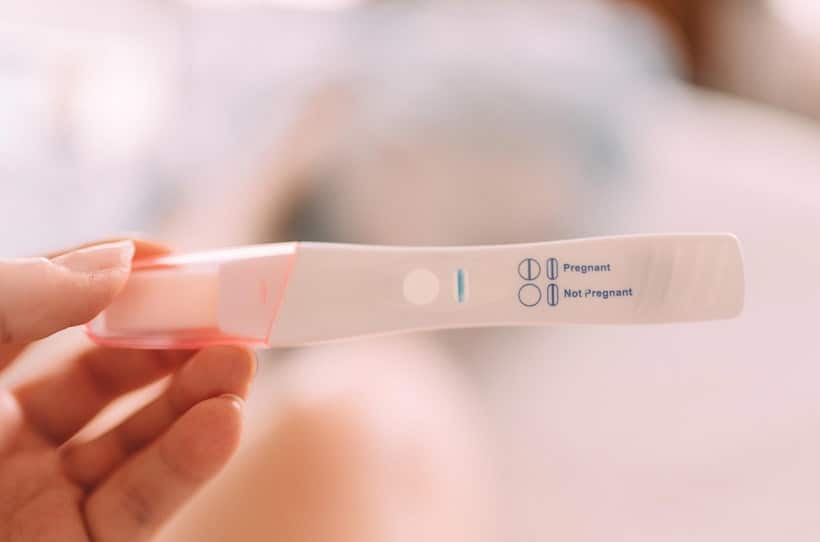
(Source)
How to Minimize the Risk of Infertility from Cryotherapy
When considering cryotherapy as a treatment option, understanding your individual risk factors for infertility is key. Choices like smoking or drinking alcohol may amplify the probability of fertility difficulties and should be avoided if you are trying to conceive.
Additionally, age plays an important role in fertility. Women over 35 may have decreased fertility due to aging eggs and men may experience reduced sperm quality after 40 years old.
Following safety guidelines when using cryotherapy is also essential to minimize risks. This includes ensuring that all cryo equipment meets industry standards.
Limiting exposure time during treatments can also help reduce the potential side effects of cryotherapy.
It is possible to minimize your own risks if you know the dangers that cryotherapy can pose and strictly follow the safety protocols of the facility.
Conclusion
Can cryotherapy cause infertility? It’s hard to say definitively but being informed of all possible risks beforehand is always advisable for those considering this type of therapy.
While there are some potential risks associated with cold therapy, research suggests that these may be minimal when conducted by a qualified practitioner and in accordance with recommended safety protocols. Ultimately, anyone considering cryotherapy should weigh the pros and cons carefully before making any decisions that could potentially affect their ability to conceive in the future.
Are you concerned about the potential effects of cryotherapy on your fertility? Smart Living Now provides comprehensive resources to help you make informed decisions and take control of your health. Explore our website today for more information!

